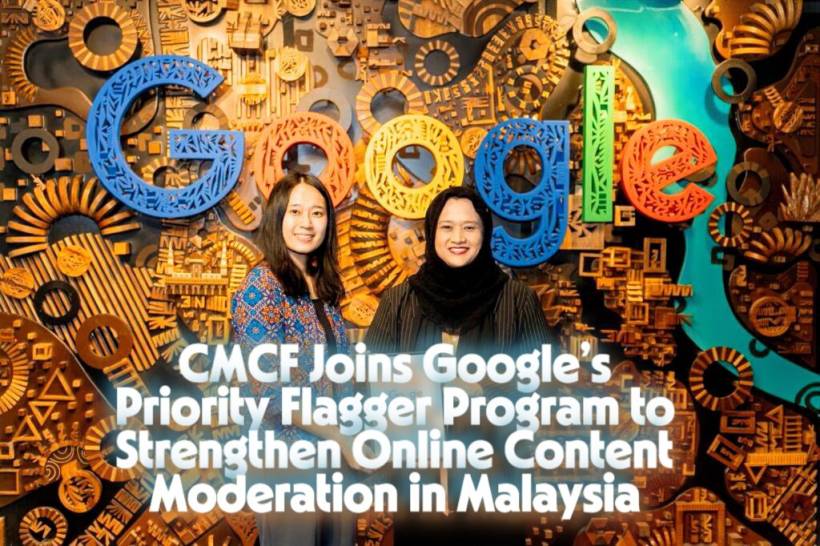In a move that signals closer collaboration between global tech firms and local regulators, the Communications and Multimedia Content Forum of Malaysia (CMCF) has officially joined Google's Priority Flagger program. This partnership is set to elevate Malaysia's efforts in curbing harmful online content by giving CMCF a more direct channel to report violations across Google platforms, especially YouTube.
The Priority Flagger program is Google's way of empowering selected government bodies and NGOs to highlight potentially problematic or policy-violating content for expedited review. With this inclusion, CMCF — which operates under the guidance of the Malaysian Communications and Multimedia Commission (MCMC) — can now report content more effectively while ensuring it aligns with local sensitivities and cultural values. Google, in turn, will provide CMCF with a dedicated intake channel for faster content moderation feedback and enforcement.
A Step Forward After Local Pressure on Tech Giants
This development comes shortly after Communications Minister Fahmi Fadzil publicly criticized platforms like Meta and X (formerly Twitter) for failing to respond adequately to concerns over harmful or misleading online content. At the time, Fahmi had urged the CMCF to reach out to major digital platforms for greater cooperation — but none appeared ready to step up.
That landscape may now be shifting. While other social media players have yet to formalize partnerships with local watchdogs, Google's move to engage the CMCF signals at least some willingness to work with Malaysian authorities in tackling digital safety challenges.
Bridging Global Standards with Local Context
One of the key advantages of this partnership is that CMCF's role won't just be about flagging violations. Their involvement helps bring local insight into global content policies. What may not be flagged as inappropriate on an international level could carry different weight within Malaysia's unique cultural and social context — and CMCF is now in a position to ensure that context isn't overlooked.
As Malaysia continues to navigate the complex world of online regulation, partnerships like these might offer a more effective way forward — balancing freedom of expression with the need to protect users from misleading, offensive, or harmful content.
